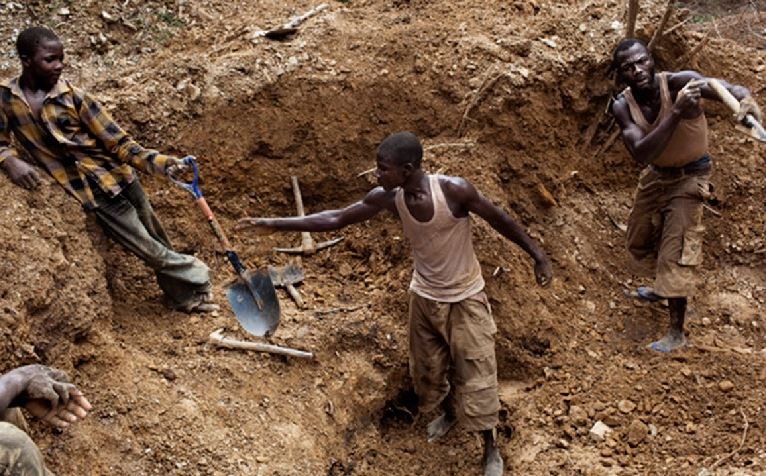Headlines News
Cholera: NCDC records 653 deaths in 23 states

The Nigeria Centre for Disease Control (NCDC) has recorded 653 deaths out of 27,186 confirmed cases of Cholera as at July 25, 2021.
Although the fatality rate is a little more than 1%, it is worthy of note that these cases have been reported from twenty-two states of the federation including the Federal Capital Territory (FCT).
The affected states include: Benue, Delta, Zamfara, Gombe, Bayelsa, Kogi, Sokoto, Bauchi, Kano, Kaduna, Plateau, Kebbi, Cross River, Nasarawa, Niger, Jigawa, Yobe, Kwara, Adamawa, Enugu, Katsina and Borno.
From July 19 – 25, 2021, NCDC reported 650 suspected cases; Bauchi (280), Jigawa (201), Kano (71), Zamfara (35), Enugu (30), Katsina (20), Borno (11) and Adamawa (2).
Of all suspected cases, 51 percent are males and 49 percent are females.
According to the report by the national health agency, since the beginning of the year, 27 percent of those infected with cholera were aged 5 to 14 years.
As a preventive measure against a large-scale cholera outbreak, the NCDC stated that it has begun response activities in states, with response commodities. According to the Agency, “There is ongoing surveillance in all states through the routine integrated disease surveillance (IDRS) and response and event-based surveillance (EBS).” It is also advocating hygiene promotion, provision of safe water, water chlorination, household disinfection, sensitisation on dangers of open defecation ongoing in high-risk communities by WASH sector partners and community health volunteers in the affected states.
The NCDC said it has supported testing of samples received from Benue, Niger, Plateau, Bauchi, Jigawa, Kaduna, Kano, Kwara, Katsina, Enugu, Bayelsa, Adamawa, and the FCT at its National Reference Laboratory (NRL) in Abuja. The Director-General of the NCDC, Dr Chikwe Ihekweazu, in a statement said his Agency has activated an Emergency Operation Centre (EOC). “The EOC is co-led with the Federal Ministries of Environment and Water Resources, given the link between cholera and water, sanitation and hygiene.
“The National EOC has been supporting states to ensure a coordinated, rapid and effective response to the ongoing outbreak. This includes the deployment of National Rapid Response Teams (RRT) to support the response at state level, provision of medical and laboratory supplies, scale up of risk communications amongst other activities. Additionally, the resources that have been developed as part of Nigeria’s COVID-19 response are being used to strengthen the response to the cholera outbreak. This includes the digitalisation of the national surveillance system, establishment of laboratories and treatment centres, training of health workers among others,” he said.
Cholera is a preventable and treatable epidemic-prone disease which is transmitted by eating or drinking contaminated food or water. The number of cholera cases tends to increase with the onset of the rainy season.
The risk of death from cholera is higher when treatment is delayed. It is very important to visit a health facility if one has symptoms such as watery diarrhea and vomiting.
The NCDC urged members of the public to be aware of the risk of the disease and adhere to the following precautionary measures to ensure safety:
- Boil and store water in a clean and safe container before drinking.
- Prepare, cook and store food safely.
- Wash hands frequently with soap under clean running water to prevent infectious diseases like cholera (This is especially important after defecation as well as before handling food or eating).
- Avoid open defecation and indiscriminate refuse dumping which can contribute to the spread of cholera.
- Visit a health facility immediately if you have symptoms such as watery diarrhoea. Healthcare workers should have a high index of suspicion for cholera, and maintain universal care precautions at all times.









